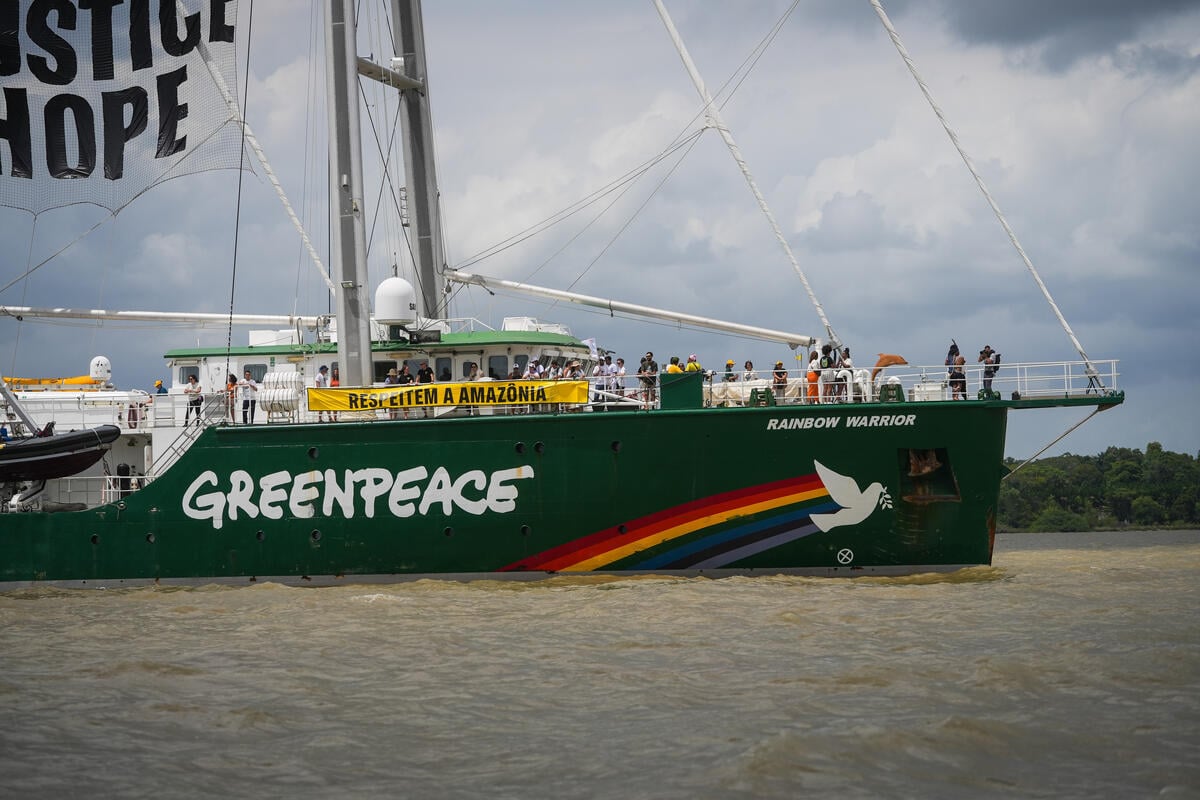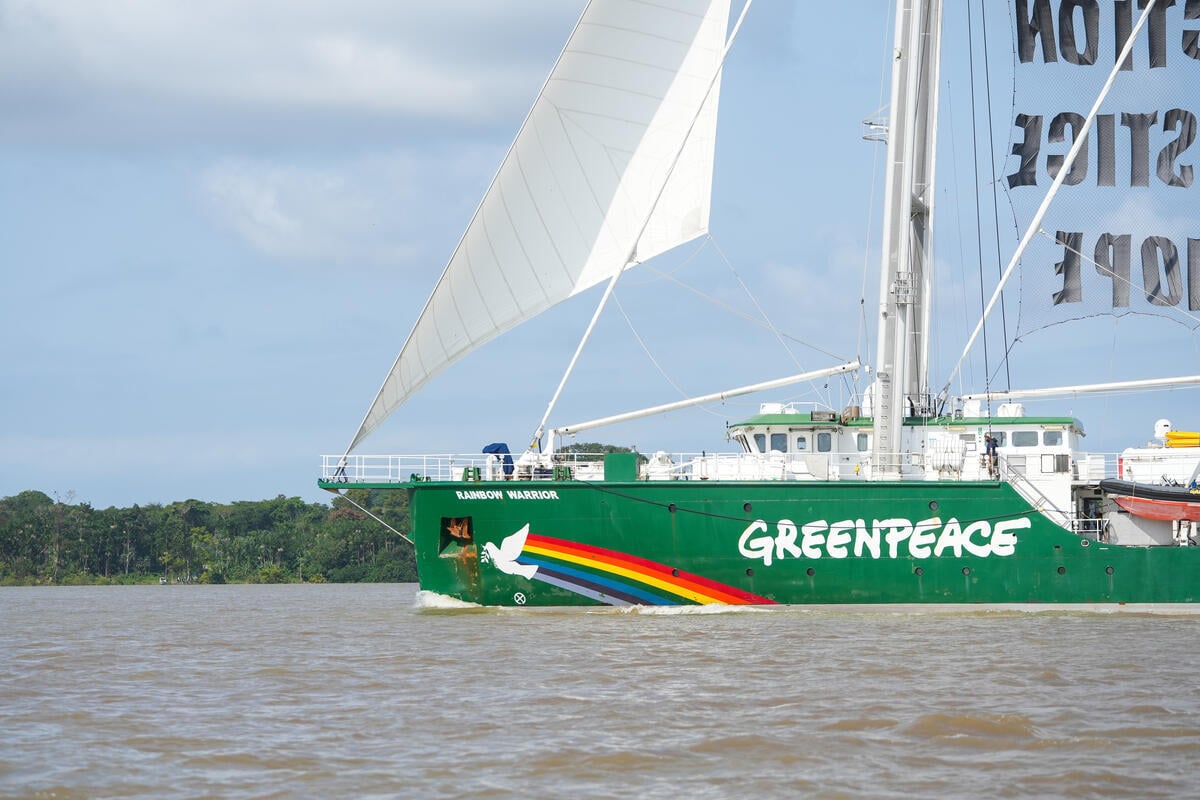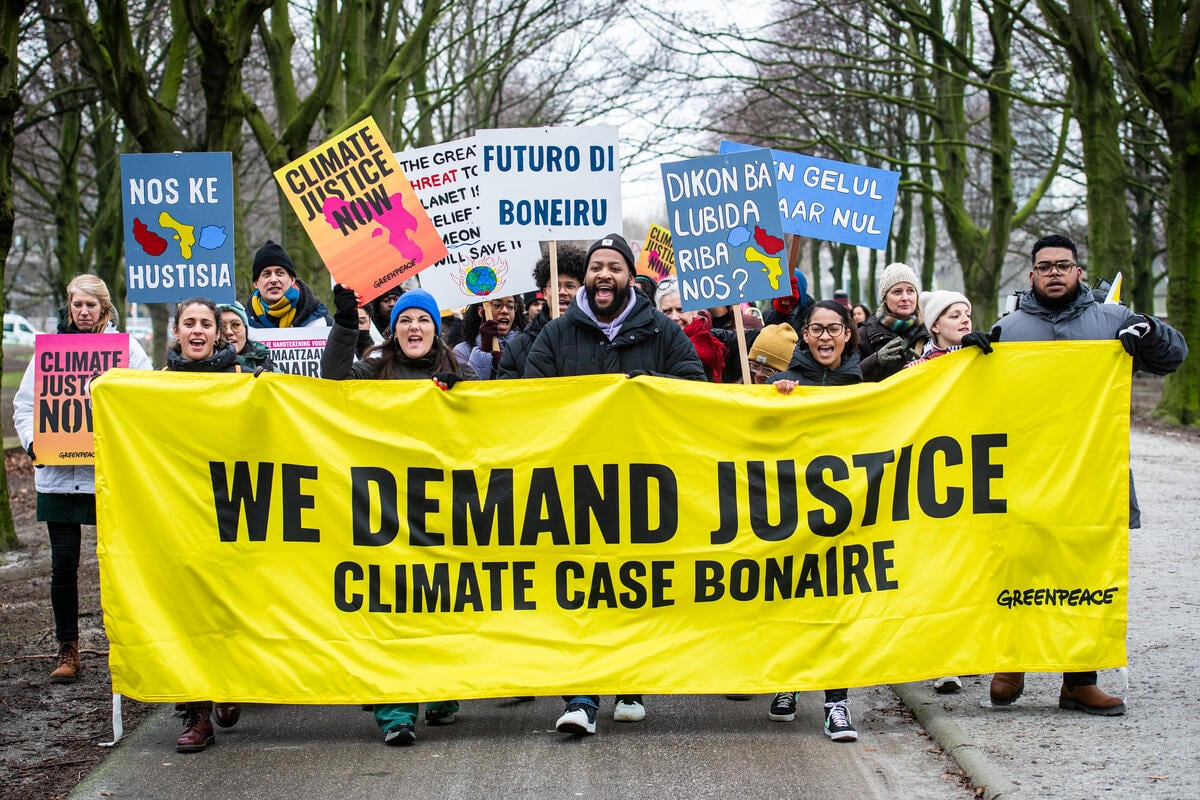We have made a mistake, one that we have tried to correct. We have allowed the Rongdhonu, formerly the Rainbow Warrior (II), to be scrapped on a beaching yard in Bangladesh, in a way that does not live up to the standards we set ourselves and campaigned with our allies to have adopted across the world.
When we transferred ownership of the Rainbow Warrior to a Bangladeshi non-governmental organisation called Friendship, in 2011, the ship was no longer fit to sail the high seas. It was however suitable to be converted into a hospital ship traversing coastal waters and rivers.
Renamed Rongdhonu, Bengali for Rainbow, it has since brought vital health care to some of the world’s most remote and vulnerable communities. In that time, it has touched the lives of over 160,000 people.
This year the ship, at 61 years old, reached the end of its life.
When we transferred the ship to Friendship in 2011 we retained the right of veto over any final disposal plan. She became a Bangladeshi ship, owned, operated and flagged and only licensed to sail inland and coastal waters. Given its condition, we presumed it would need to be decommissioned in the best way possible in Bangladesh. As proposed by Friendship.
We should have consulted our partners in the NGO Shipbreaking Platform and the Basel Action Network, we did not. No excuse. We should have.
Over the last week we have been talking with both. They maintain, as does the EU and many other leaders in the field, that breaking ships on beaches is fundamentally unsafe, exploitative of workers and damaging to the marine environment.
Upon realising our mistake, we began work to try and find an alternative way for the ship to be decommissioned, but this was not possible. The ship was beached and readied to be cut up.
We should have examined all options to have the ship decommissioned ‘off the beach’ and in a way that provides guarantees that all wastes generated will be managed in the most environmentally safe way possible.
We are now seeking to ensure that specific wastes that cannot be treated safely, ‘downstream’, in Bangladesh can be sent out of the country for management.
There is much to be done to protect workers and the environment from the dangers of ship breaking and we regret that having made the mistake sends the wrong signal about the readiness to do so in Bangladesh. Greenpeace does not believe that breaking ships apart on tidal beaches is green.
Going forward Greenpeace commits to urgently adopt an end-of-life ship policy, drafted with the help of the Shipbreaking Platform, to help ensure such errors do not occur in future.
For more information on clean and ethical ship breaking see NGO Shipbreaking Platform.
Amsterdam, Netherlands
15 November 2018



